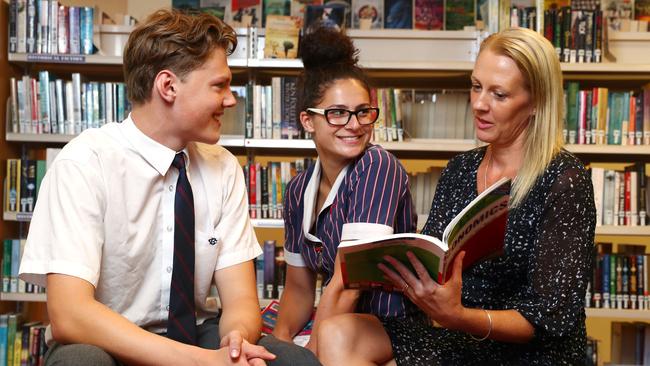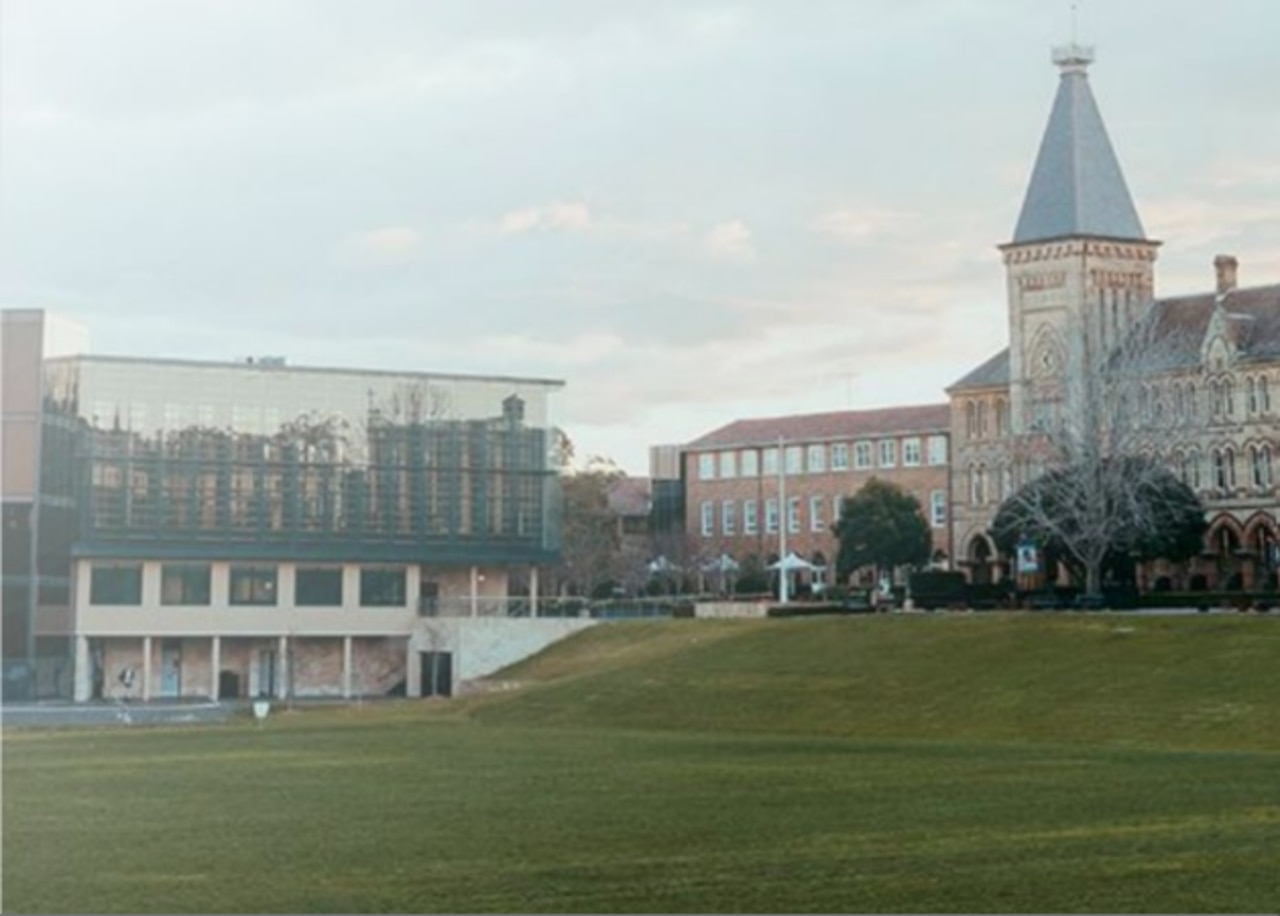Focus on economics, RBA tells schools
The Reserve Bank has called on education authorities to arrest a sharp decline in the number of students studying economics.

The Reserve Bank has called on education authorities to help arrest the sharp decline in the number of senior students in NSW studying economics, by elevating the status of the subject within the curriculum.
Once the third most popular subject choice for Year 12 students, economics enrolments have plummeted over the past two decades.
Just 7 per cent of Year 12 students took the subject last year — two-thirds of them boys — compared with 40 per cent in 1991.
The number of schools offering the subject has also fallen: just 30 per cent of government schools and 55 per cent of non-government schools teach economics.
In its submission to the NSW Curriculum Review, the Reserve Bank recommends that economics — a social science dealing with the production, distribution, and consumption of goods and services — have “a more prominent place in a refreshed curriculum”.
It recommends that all students be exposed to “relevant and relatable” economic concepts and issues throughout their secondary school years and for more students to be equipped to study the subject in Year 12.
The RBA also calls on more teachers to be equipped with the training to deliver the subject and for the embedding of economics into other subject areas.
The decline, according to the bank, has been most evident among girls and at schools with low socio-economic status rankings. It has been more pronounced than that seen in Year 12 STEM (science, technology, engineering and maths) subjects, which were on a similar trajectory until the mid-2000s but have since improved.
“The fall in STEM participation, particularly by female students, was considered to warrant a policy response,” the RBA says.
“There are currently numerous initiatives and a large commitment of resources from both public and private sectors to address this issue.”
According to the bank, there are public and private benefits to increasing enrolments among school students, including boosting “economic literacy” among the wider community and to “raise the collective ability of the economics profession”.
“The labour market values the skills learned in the study of economics,” the RBA says. Graduate earnings were higher than for most fields of study, surpassed only by IT and engineering.
“Importantly, the sorts of skills acquired in the study of economics — in particular analytical and problem-solving skills — are likely to be highly valued as the nature of work changes.”
Barker College, a co-educational school on Sydney’s upper north shore, has 140 senior students studying economics this year, including 60 in Year 12.
Teacher Len Nixon said the subject was popular among students at the independent school, largely the result of demographic factors, but also due to the way the school taught the subject: balancing theory with practical skills such as problem-solving.
Mr Nixon said the economics curriculum was ripe for a revamp and more work needed to be done to boost girls’ participation.
“Girls are being put off studying economics; it’s perceived as a ‘male’ subject and it just isn’t,” he said.


